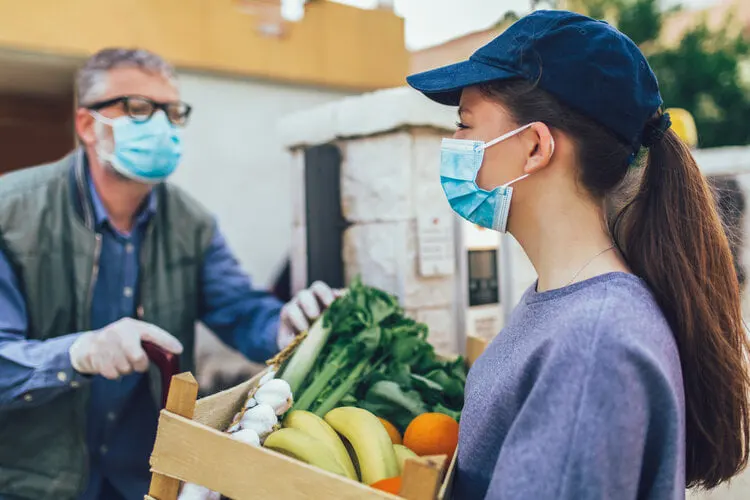Story originally published in Bham Now.
The City of Birmingham received $298,736 from U.S. Department of Agriculture through their Urban Agriculture and Innovation Production grant program. The city plans to use the money to help support research and increase resources around food access. Keep reading to find out why this is so important for Birmingham.
Why it matters
According to the Birmingham City Council, almost 70% of Birmingham residents live in a neighborhood that lacks adequate access to quality, affordable fresh foods. What does this mean? Without a car, most people do not have easy access to grocery stores or fresh markets, making convenient stores and fast food restaurants many people’s only choice. This can lead to a rise in obesity and other diet-related diseases.
Eliminating barriers to healthy food access is a priority. With this funding we hope to invest in local, minority food producers to put healthy food on the tables of our residents. Healthy food makes for healthy families, healthy neighborhoods and a healthy city.
Randall L. Woodfin, Mayor of Birmingham
Next steps
These funds aim to improve resident’s access to food by removing barriers, advancing equity and building capacity through strategic investments in Birmingham’s local food system. A series of studies will take place to help identify gaps and opportunities around food access needs.
Once we are armed with vital information, we can be strategic and thoughtful about how to grow and improve our food system.
Randall L. Woodfin, Mayor of Birmingham
Birmingham food map
The following is a map, created by Christia Leonard, of Birmingham’s grocery stores, community gardens, urban farms, meat markets, small groceries, food banks, farmers markets, school gardens, institutional gardens and food cooperatives. The goal is to expand the number of each category with the grant.
